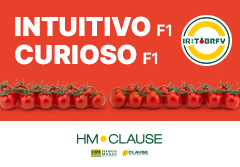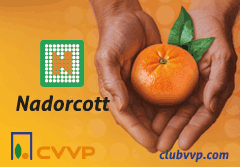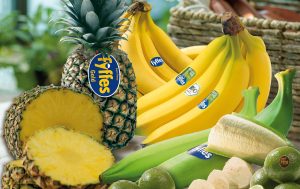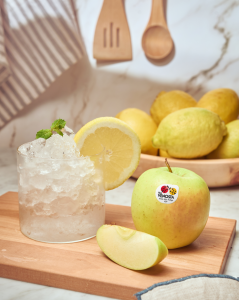For Natural Tropic, 2024/25 has been a “historic year in revenue”. The company has approached €50 million, surpassing its initial forecasts by increasing avocado and mango volumes by 15% compared to last year. In total, they will market 15,000 tons of avocados and 5,000 tons of mango and cherimoya, with lower availability of the latter due to issues with the second flowering.
In the Cádiz and Huelva regions, the company has increased its avocado volumes.
“We are focused on this area to bring stability to Spanish fruit,” explains Prudencio López, General Manager.
In February, they will harvest avocados from their Valencia farms, which produce later in the season.
This year, Natural Tropic has introduced new machinery to sort and classify fruit based on desired ripeness and coloration.
“We are already working at full capacity with it. It increases efficiency and refines our selection parameters, streamlining operations in the factory,” López details.
The General Manager expressed satisfaction with the company’s upward trajectory and confirmed positive outlooks for the upcoming season.
“It’s been a good year for rain, and the water we’ve received will benefit the next harvest.”
Another exciting project is their pistachio line. “This year, we’ll reach 150 tons, and we’re awaiting BRC certification. With our facilities in Baza ready and new processing machinery installed, we’ll start marketing smaller formats for Spanish supermarkets, including options like roasted pistachios and lightly salted varieties,” López said.
Previously, their pistachio operations focused 95% on large-format exports, but they are now expanding to smaller retail packaging.
Globalization and Challenges
In a fast-changing world, the subtropical sector must constantly adapt.
“Global trade is increasingly aggressive, but in Europe, we face more restrictions,” López noted.
He criticized the Spanish government and EU policies:
“We’re reaching a point where we won’t be able to produce because it won’t be profitable. Spain is losing productive capacity due to a lack of investment in infrastructure and planning in such a key sector as agriculture. EU policies don’t help. Europe relies on multi-origin imports, and conditions outside the EU are very different, which is clearly reflected in prices. Meanwhile, consumers’ purchasing power has dropped, and they naturally look for the lowest price.”
However, López acknowledged the advantage of Spain’s January to April production window, when it overlaps only with Morocco.
“We defend Spanish origins because of the superior quality and proximity of the fruit. Europe should support EU producers through policies that favor local production.”
Regarding retailers, López remarked: “Few supermarkets truly support Spain. Most focus on price.” They don’t care about the origin, and there are many inconsistencies between what they say and what they do.”
López reflected on the future: “Our sector has been riding on inertia, but now we’re entering a new phase. Globalization has created more opportunities and business potential, but we must continue to sustain the sector instead of only reacting during crises, like we did during the pandemic.”























